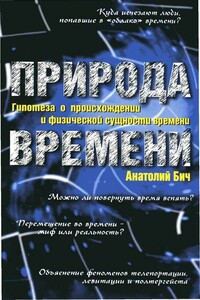Английский язык для специальных и академических целей: Международные отношения и зарубежное регионоведение. Часть 1 | страница 28
11. The PATRIOT Act violates the personal privacy of all American citizens. It has _____________
the citizens of this country of some of the basic rights that were promised to them in the Constitution.
12. Forcing young people to vote when they feel such a deep aversion to the political class may
actually serve to reinforce a deepening _______________, rather than to engage them in
a positive manner.
David Cameron's Statement on Independence Referendum Result http://www.youtube.com/watch?v=ana1J6t0ZlI
1. Do the constituent parts of the UK have similar rights?
2. What did the Scottish devolution of 1998 consist in?
3. Why did the Scotts hold an independence referendum in 2014?
1. When did the Scottish national party come to power?
2. Why didn't the British Parliament prevent Scotland from holding a referendum?
3. What is the significance of the referendum results?
4. What promises did the central government have to make to Scotland before the referendum?
5. How does this affect the other parts of the UK? What reforms are to be carried out?
Do you think the Scottish Independence Referendum proves that the British democracy is solid and resilient?
SPEAKING
READING 3
1. How many monarchies are there left in Europe?
2. Why do you think the British retain this form of government?
(From Acts of Union and Disunion by Linda Colley. Profile Books LTD, London 2014)
British official language identifies monarchy as the most vital act of union, and as an enduring one. The very name of this state “The United Kingdom”, makes clear the centrality of the Crown, and conveys a sense of permanence. The national anthem, too, focuses on the Crown and underlines its endurance.
In his famous commentary on the constitution, the Victoria journalist Walter Bagehot offered a detached, often a sardonic analysis of the monarchy, but he accepted that the institution was a resilient one. Monarchy, Bagehot suggested, benefited from being a relatively easy political system for people to understand. And the appeal of a royal family of the British type was particularly tenacious, he argued, because it virtually guaranteed ‘nice and pretty events' at regular intervals, and held up a glamorous mirror to emotions and choices that were widely shared and familiar. As we were reminded in July 2013


